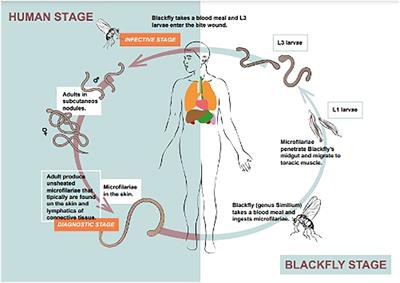REVIEW
Published on 18 Dec 2024
Assessing the impact of the COVID-19 pandemic on neglected tropical diseases in India: a perspective
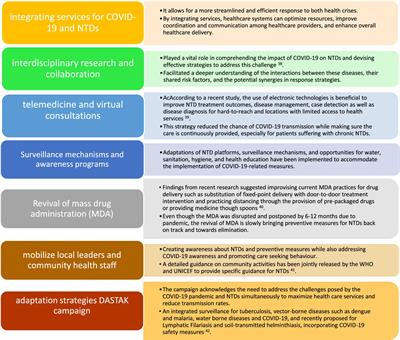
doi 10.3389/fpubh.2024.1366484
- 487 views
6,174
Total downloads
31k
Total views and downloads
You will be redirected to our submission process.
REVIEW
Published on 18 Dec 2024

ORIGINAL RESEARCH
Published on 13 Nov 2024
REVIEW
Published on 23 Jul 2024
CASE REPORT
Published on 16 Jul 2024
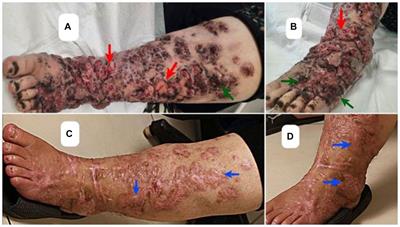
CASE REPORT
Published on 18 Jan 2024
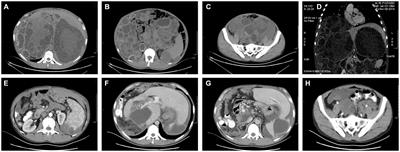
REVIEW
Published on 09 May 2023
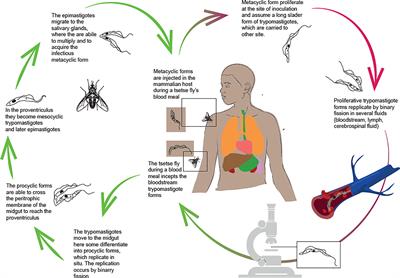
REVIEW
Published on 17 Nov 2022
